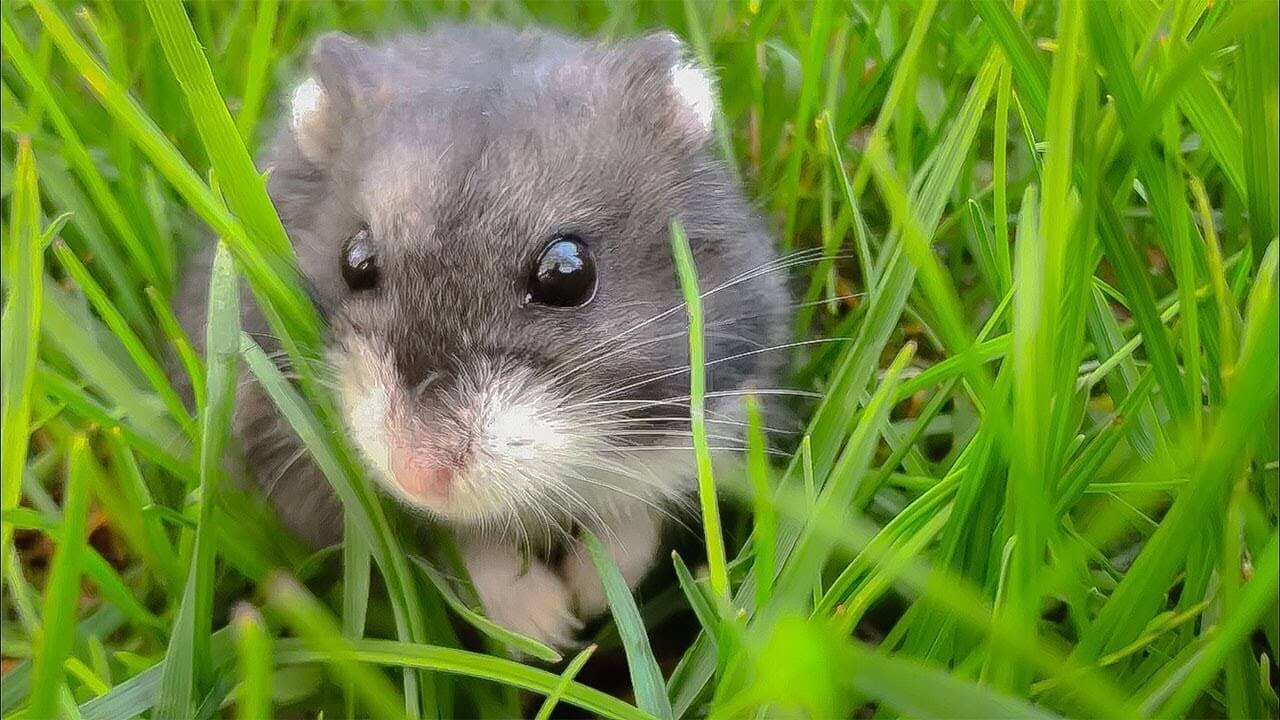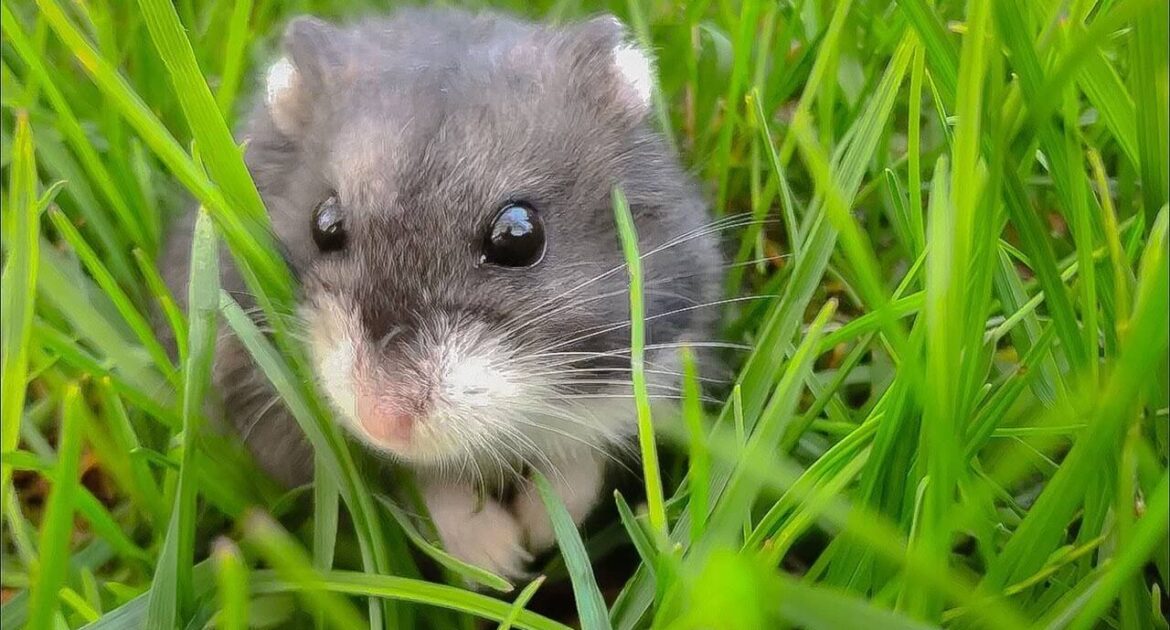A mouse may seem to you as the cutest rodent to currently scurry the earth. It is hard not to love the adorable species between the tiny, furry body and finger-like paws. However, all of that admiration must also come with a word of caution and respect for wildlife. While it is possible to tame a wild mouse, depending on its age, wild animals, even the cute ones, should not be pets. If you find a mouse in your home, contact Skedaddle Humane Wildlife Control for mice removal in Okanagan. Do not entertain the idea of capturing the animal as a pet.
Wild Baby Mice as House Pets
It is fair to say a wild mouse can become a pet, and it might even outlive those traditionally purchased in stores. However, if you have any shot of successfully transitioning a wild mouse to a domestic mouse, you will need to capture it relatively young but not too young.
If you stumble upon a pink hairless mouse, leave it be. These bald bundles of joy are newborns and still require nourishment from their mothers to survive. In just two to three days, the babies will have fur, and their eyes will still be closed. If a person is intent on capturing a wild mouse, this is the time to do it.
If you can catch a baby before its eyes open, the mouse will get used to your scent, and when it opens its eyes, it will see you as a member of the family. The ability to bond before the eyes open allows you to handle the mouse like any other domestic mouse, able to hold it and hand-feed it. The baby mouse will need to be fed with an eyedropper, and it is best to talk with a veterinarian about a proper diet.
Older Mice as House Pets
While it is possible to catch a mouse at any age, older mice — or even younger ones capable of sight — will find it difficult to adapt to cage life. The animal will also likely never trust you enough to be held or hand-fed. It is also important to understand that mice can and will bite when they feel threatened. It is always the stance of professional and accredited wildlife services to discourage the capture and domestication of wild animals, even mice.
Domestication Is a Bad Idea
Like many wild animals, mice can carry infection and disease. The CDC warns that rodents are known carriers of several diseases:
- Leptospirosis
- Lassa fever
- Salmonellosis
- Plague
- Tularemia
- Hemorrhagic fever with renal syndrome
- Hantavirus pulmonary syndrome
- Omsk hemorrhagic fever
- Rat-bite fever
- Lymphocytic choriomeningitis
While many of the illnesses listed are rare, rodents are known to transmit these illnesses, meaning capturing a mouse or any other wild rodent as a pet is not a good idea. Keep yourself and your family safe by investing in a domesticated animal and leave wild things alone.
Contact a Humane Wildlife Control Service
If you have seen a mouse or another rodent in your home, you likely have a larger problem. When a male and female mouse makes it inside your home, it does not take long for indoor populations to explode. It is not unlikely that two or more mice in a house will result in a hundred or more in six to nine months.
Because of the potential health risks and structural damage to your property, it is best to contact a professional service to remove the animals from your property humanely. The Skedaddle Humane Wildlife Control experts in Okanagan can assess your property and come up with a realistic solution for rodent removal. Contact a representative today and schedule a property assessment.




